What is a class?
A class is a blueprint for objects: it describes how a certain kind of objects look (what data the objects made out of the class have and what operations you can do on that data).
What is an Object?
An Object is an instance of an particular class.
Class is the logical entity, which means they really does't exist is the real world. And Objects are the physical entity, We see them by our naked eyes.
Let's take a simple example...
Have you seen an Animal?
No, no one has, because Animal(is a class: A logical entity).
So what I see on roads or in Zoo? Are not they Animal?
No, certainly not. They are Objects(A physical entity) of Animal class : like Horse, Lion, Elephant and so on.
So, An Objects belongs to a Class, But isn't a class. And a class cannot be an Object (Because Class is logical and Object is physical.)

